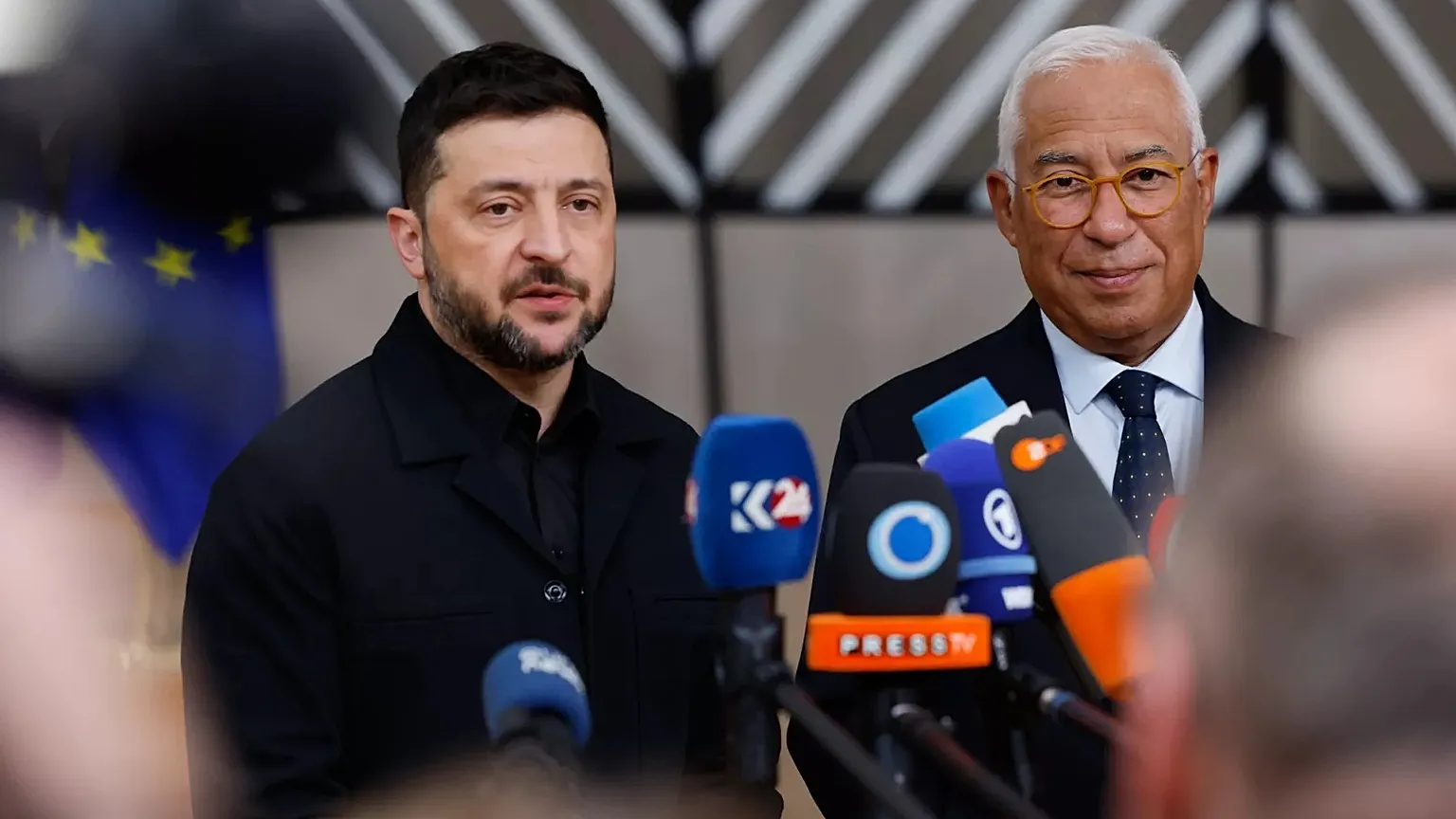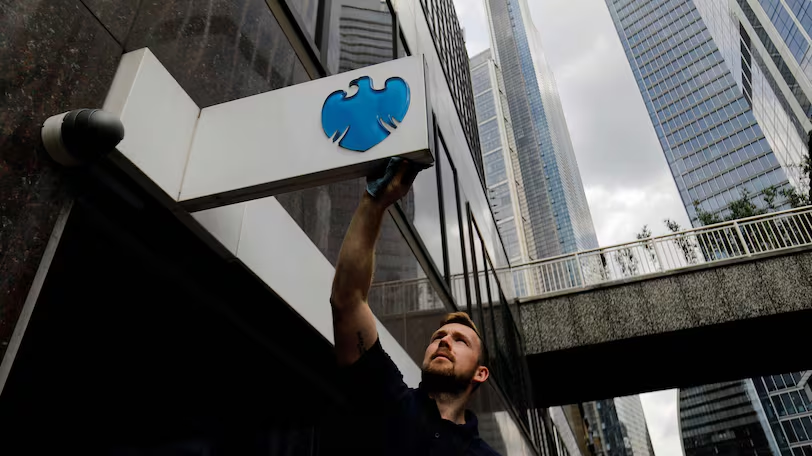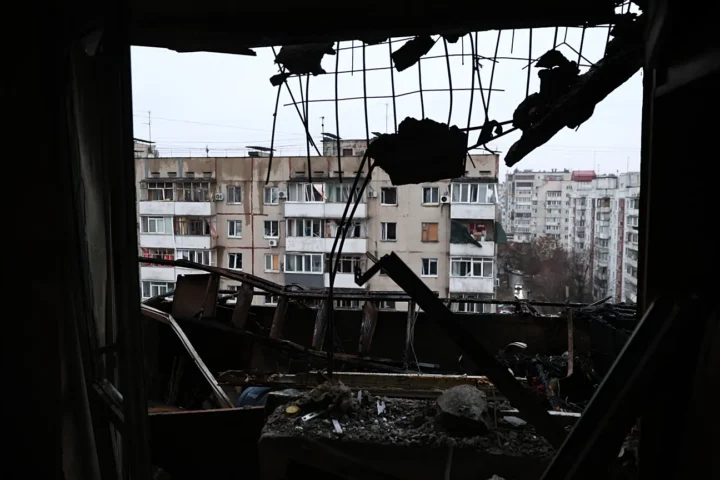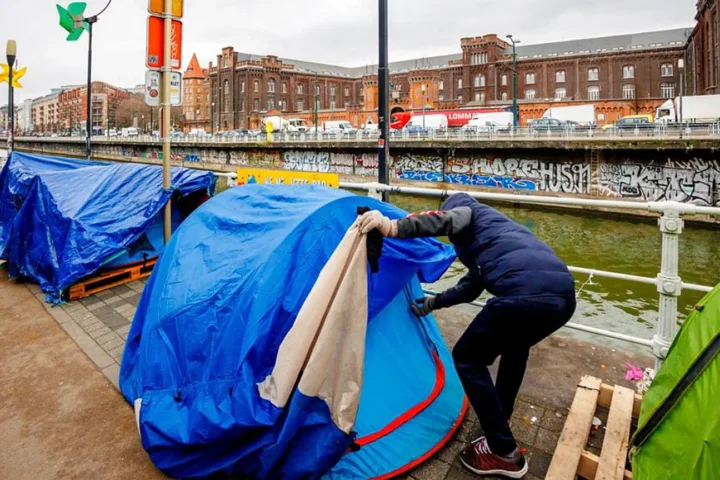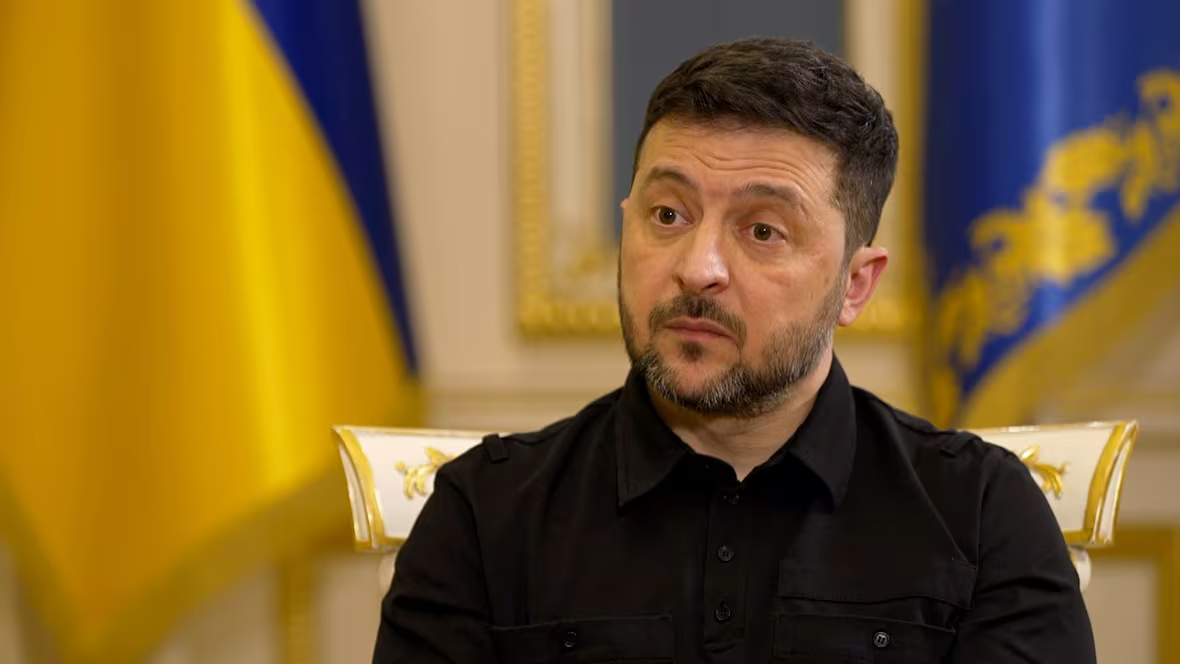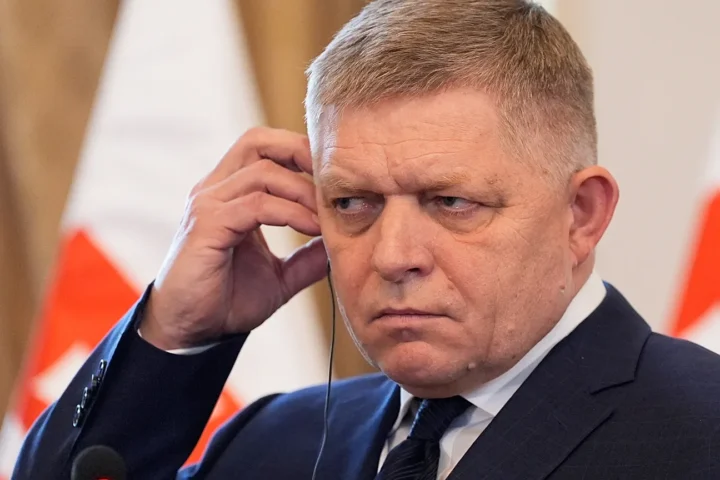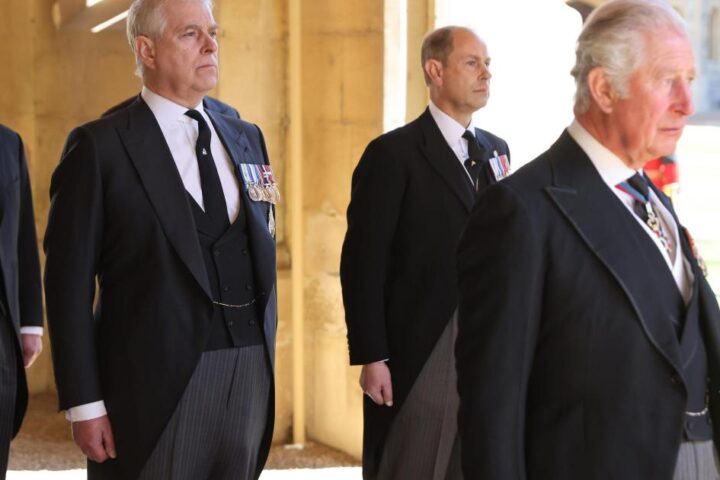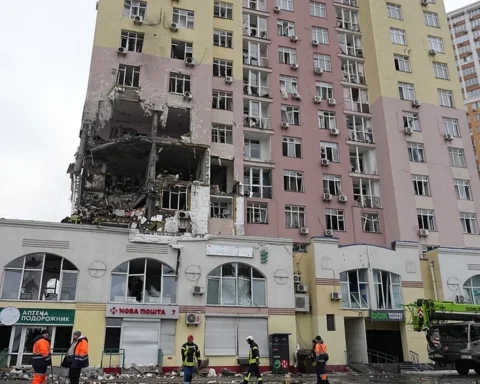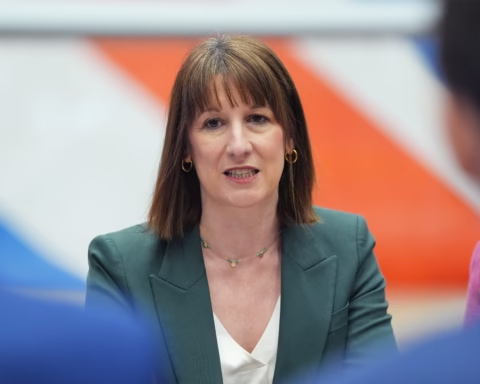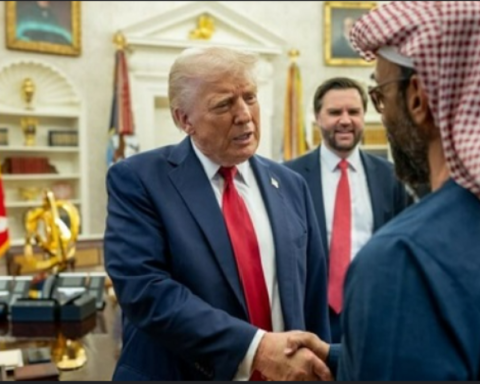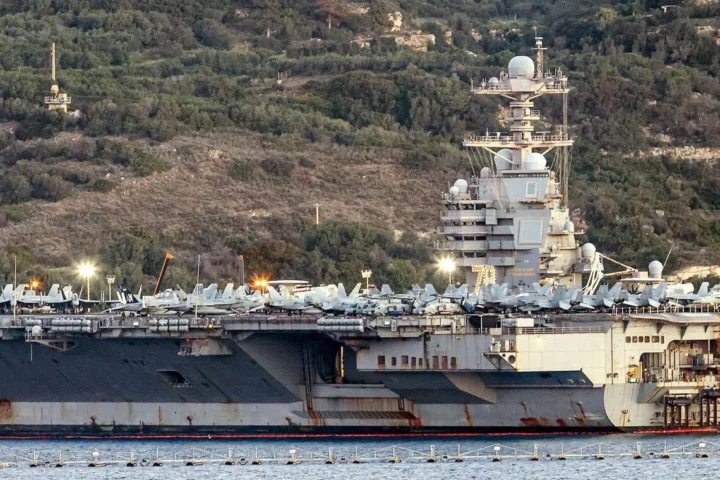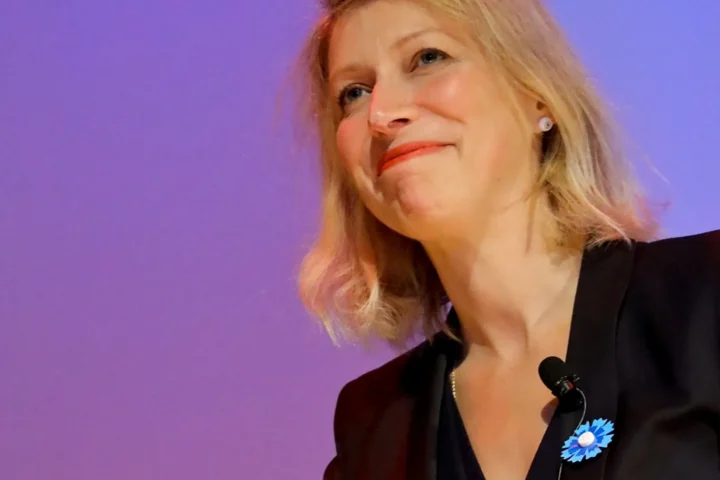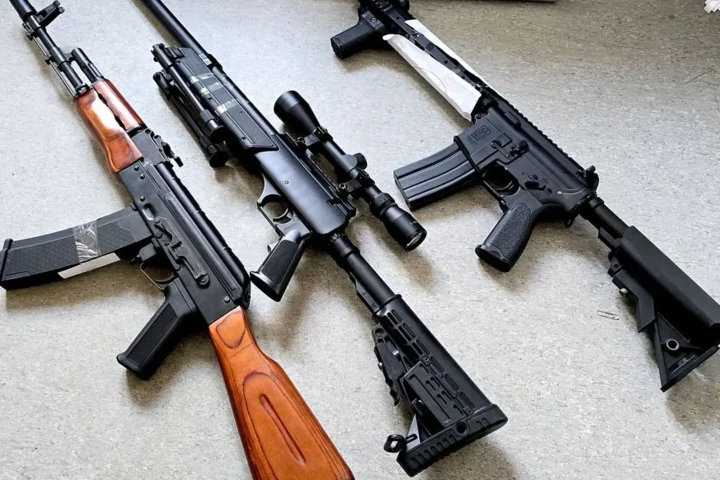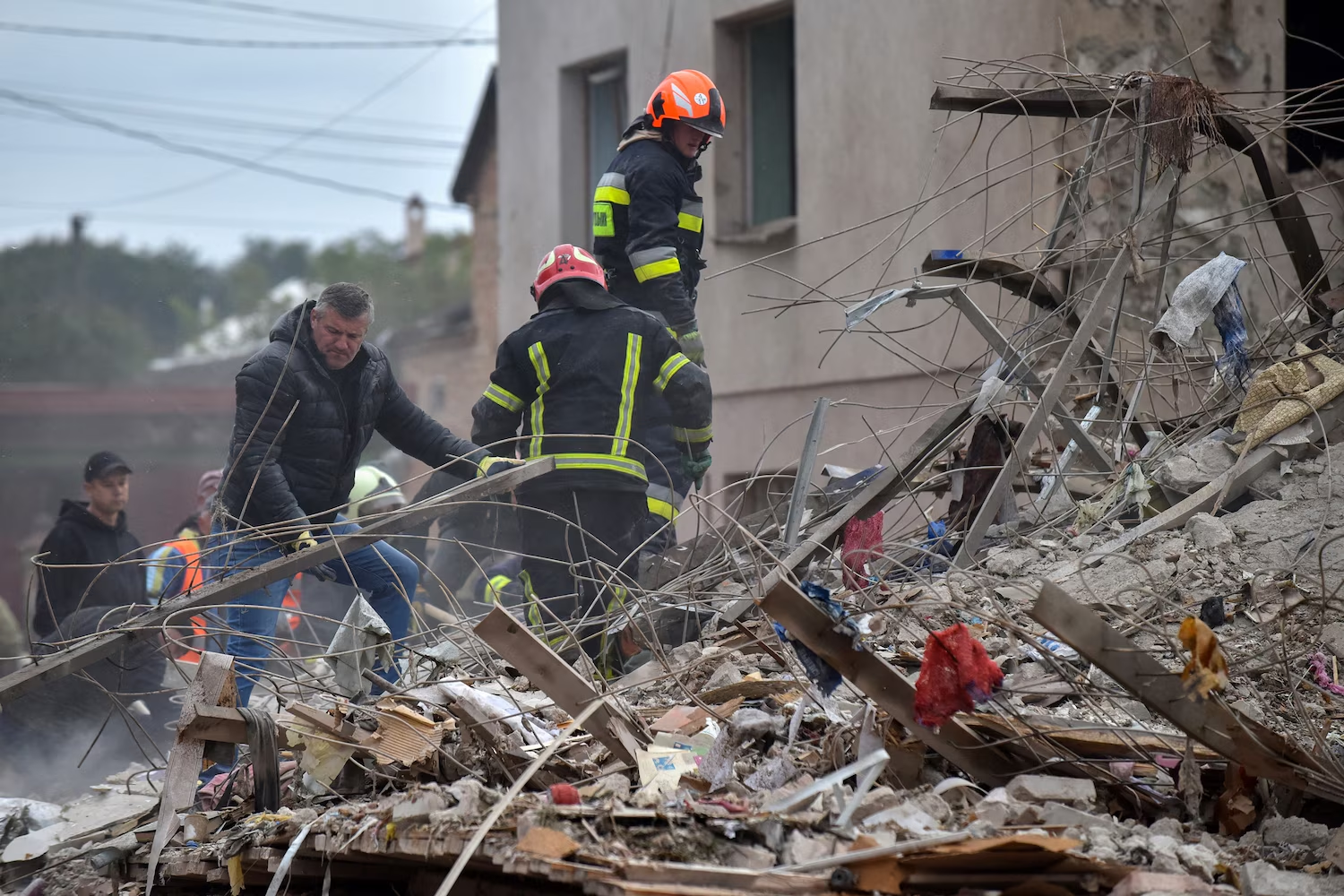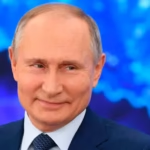The European Union summit opened today under extraordinary geopolitical tension as Belgium signaled it may block a proposed €140 billion loan package to Ukraine—funding critical to Kyiv’s government functions and military resistance against Russia. What was expected to be a reaffirmation of Europe’s united support for Ukraine has instead turned into an intense political showdown inside Brussels.
Belgium’s surprise move has sent shockwaves through European diplomatic circles and raised difficult questions about funding fatigue, nationalist politics, and Europe’s willingness to sustain the war effort as the conflict grinds toward 2026.
Belgium’s Ultimatum: “Not on These Terms”
Prime Minister Alexander De Croo has made it clear: Belgium will not approve the package unless strict safeguards and reforms are added to prevent what it calls “financial black holes” in Kyiv’s budget. Brussels insists it is not opposing support for Ukraine—rather, it wants accountability.
Belgium’s stated demands include:
- A detailed audit of previous EU aid to Ukraine
- Strict oversight on how future funds will be used
- A mechanism allowing any EU nation to freeze disbursements if funds are misused
- Greater commitments from non-EU NATO states, specifically the United States and United Kingdom
But privately, some EU diplomats say Belgium’s move is also influenced by domestic political pressures ahead of upcoming national elections—where right-wing parties accuse De Croo’s government of prioritizing Ukraine over Belgian citizens struggling with high energy costs and inflation.
Divide in Europe Grows Wider
Belgium now joins a small but growing bloc of skeptical EU countries, including Hungary and Slovakia, that have questioned long-term funding for Ukraine.
| Country | Position on Ukraine Aid |
|---|---|
| Poland, Baltics, Nordics | Strong support |
| France & Germany | Support with conditions |
| Italy | Support decreasing, internal pressure rising |
| Hungary | Opposed |
| Slovakia | Skeptical |
| Belgium | Now undecided/blocking |
Belgian resistance threatens to derail months of intense negotiations, since EU budget allocations require unanimous approval. Without Belgium’s consent, the €140 billion package cannot proceed.
Kyiv’s Situation: Time Is Running Out
For Ukraine, the loan package is not just symbolic—it is essential for survival.
The funds would:
- Keep government salaries and pensions flowing
- Maintain energy infrastructure under Russian attack
- Continue ammunition and weapons purchases
- Stabilize a war-shocked economy
Ukrainian President Volodymyr Zelensky has urged EU leaders to “act now before it is too late,” warning that political delay is “lethal on the battlefield.”
Geopolitical Stakes: Putin Watches Closely
Analysts say Russian President Vladimir Putin is likely paying close attention to the summit. Any visible crack in European unity strengthens Moscow’s war strategy, which banks on Western fatigue and political fragmentation.
Security experts warn:
- Delayed aid could trigger a Ukrainian retreat in key frontlines
- Russia could exploit EU political divisions with cyber operations and propaganda
- The credibility of EU defense policy would be severely damaged
The US Factor: Europe Feels Alone
The United States, historically Ukraine’s largest financial and military backer, is currently gridlocked over future funding. With Washington politically paralyzed and increasingly focused on Asia-Pacific competition, Europe feels abandoned.
A senior EU official said:
“If America walks away and Europe fractures, Ukraine loses. And so does the Free World.”
Is a Deal Still Possible?
Behind closed doors, EU negotiators are scrambling to offer Belgium concessions—possibly including:
- A “financial accountability council” for Ukraine
- Annual review mechanisms
- Greater prioritization of Belgian energy funding in parallel EU packages
Most diplomats still believe a compromise is possible—but only if the EU avoids humiliating Belgium publicly.
Conclusion: A Test of Europe’s Soul
This summit has become far more than a budget negotiation—it is a referendum on Europe’s identity. Is the EU willing to pay the price of defending a European democracy at war? Or will economic pressures and political fatigue splinter its unity?
As leaders enter what may be days of emotional and grueling debate, one question hovers over Brussels:
Will Europe stand firm—or fracture under pressure?
